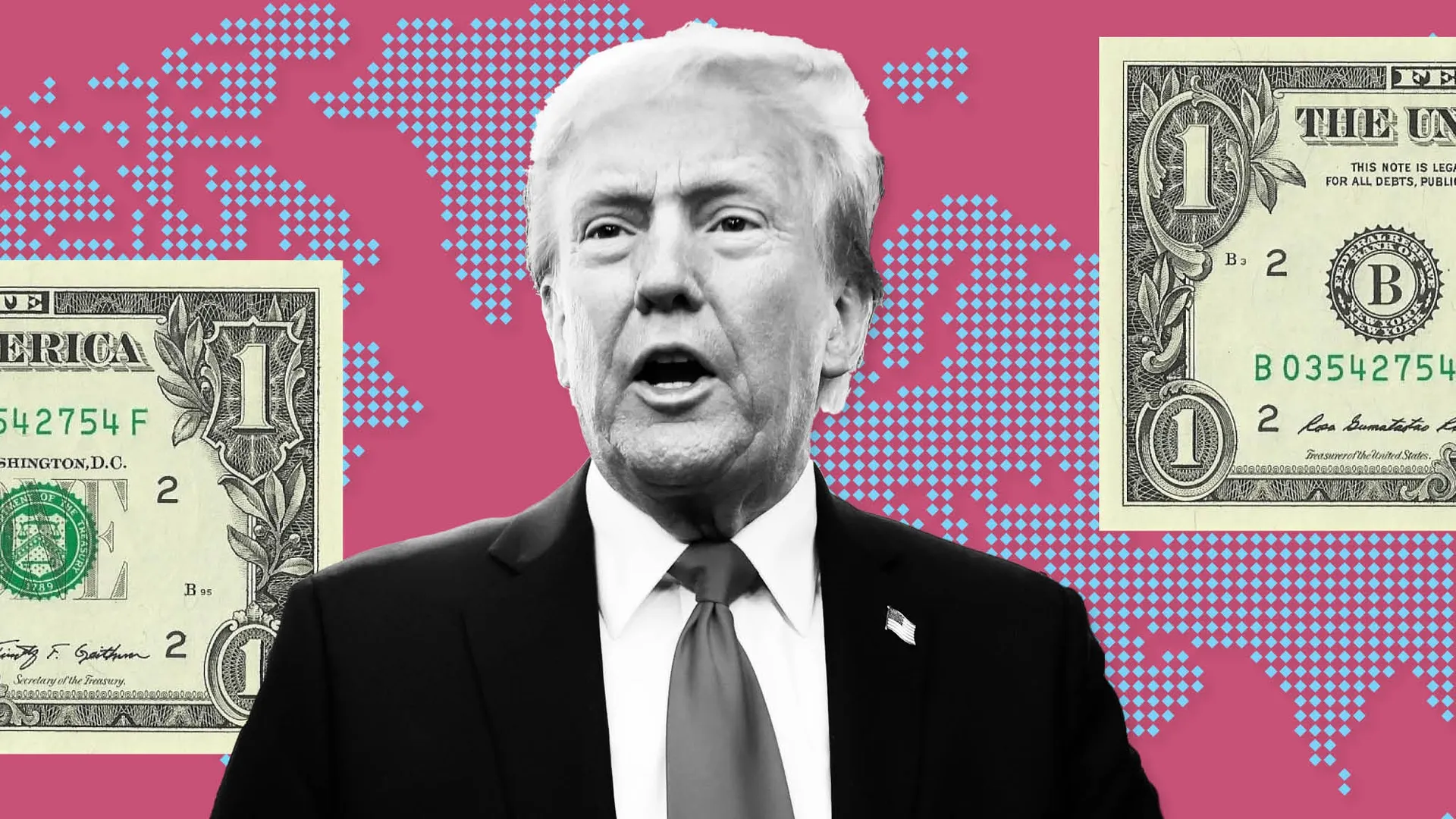
Attempts to stop some of the world’s biggest companies shifting profits across borders to avoid paying tax are “in peril” following Donald Trump’s definitive win in US presidential elections, experts said.
A global deal inked at the Paris-based OECD in 2021 and partly introduced by several countries — including EU member states, the UK, Norway, Australia, South Korea, Japan and Canada — earlier this year was expected to raise the tax take from the world’s biggest multinationals by up to $192bn a year.
But experts say a crucial pillar that prevented large companies paying less than a minimum effective tax rate of 15 per cent on their corporate profits worldwide would be undermined by Trump’s second term.
“Pillar two is in peril,” said Wei Cui, a tax law professor at the University of British Columbia.
The structure of the OECD deal means it could affect US multinationals even though Washington has not signed it into law, despite being party to the agreement.
Under pillar two, if corporate profits were taxed below 15 per cent in the country where the multinational was headquartered, signatories could charge a top-up levy, known as the undertaxed profits rule (UTPR).
But experts believe that countries will now be unlikely to apply the rule to US companies for fear that a Trump-led administration would retaliate against them — including through steep tariffs on their US exports.